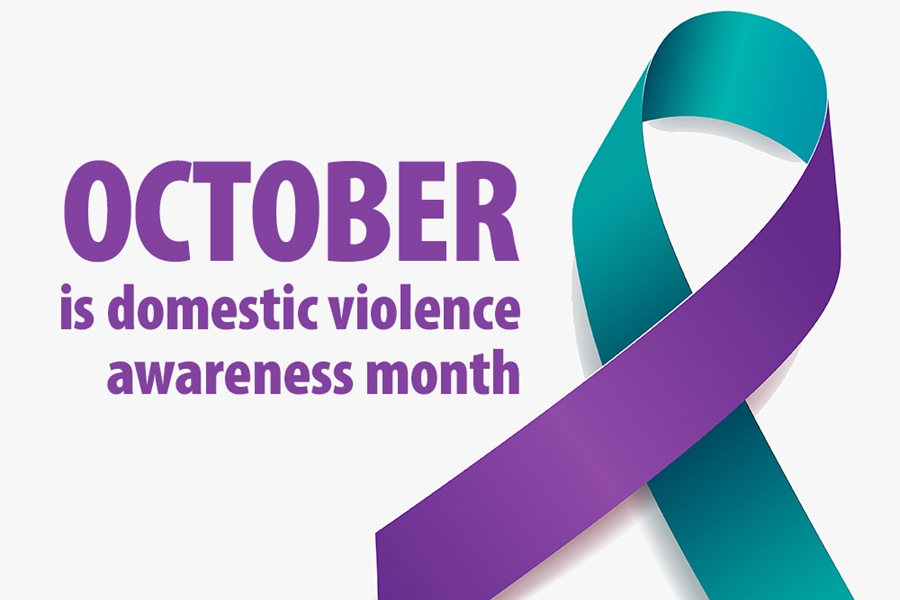October has been recognized as National Domestic Violence Awareness Month since 1989. It is a time to bring greater awareness to survivors, to mourn those lost and to be a voice for its victims. During October, the Campus Sexual and Relationship Violence Center (SRVC) will release weekly articles that provide greater awareness of domestic violence and encourage our campus community to not only be aware for one month, but to learn more and be a voice throughout the year.
To have awareness of domestic violence, a fundamental understanding is necessary. Domestic violence is a form of relationship violence. Typically, domestic violence encompasses a situation in which the abuser and the abused live together, and often as intimate partners but may also include children or elderly who live in the household as well. Abuse may take on many forms, such as physical, emotional, sexual or financial abuse.
Although domestic violence may happen to anyone, it continues to disproportionately affect women. According to data presented by the National Coalition Against Domestic Violence:
- One in four women and one in 10 men experience sexual violence, physical violence and/or stalking by an intimate partner during their lifetime with "IPV-related impact" such as being concerned for their safety, PTSD symptoms, injury or needing victim services.
- Approximately one in five female victims and one in 20 male victims need medical care.
- Female victims sustain injuries three times more often than male victims.
Furthermore, analysis of homicide data for 2020 presents that Arkansas ranks fourth in the United States for women murdered by men. The majority of these women were wives, common-law wives, ex-wives or girlfriends of the offenders.
"The statistics are chilling," states Dr. Mary A. Wyandt-Hiebert, SRVC director. "We must do better. Not only in October, but throughout the year, we must give attention to all forms of sexual and relationship violence."
The SRVC is committed to providing education and victim advocacy services for our campus community. Two nationally credentialed victim advocates are on the SRVC staff. Victim advocacy services for students include individual victim advocacy, individual counseling, survivors support group, legal advocacy clinic, assistance with accessing available resources and referrals. For staff and faculty, the SRVC is happy to make referrals and assist with identifying local resources for services and assistance.
All SRVC advocacy services are confidential and available at no cost. For more information or to make an appointment to speak with a victim advocate, please call the SRVC at 479-575-4000.
Topics
Contacts
Scott Flanagin, executive director of communications
Vice Chancellor for Student Affairs
479-575-6785,
